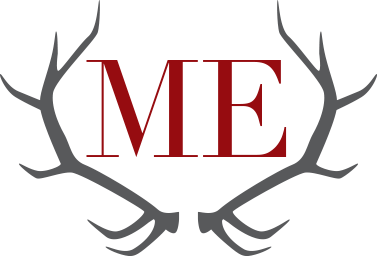
When we write about the apocalypse, we expose ourselves. Completely. What we fear most, what we cannot stand to lose, what we treasure will bleed out in this story as in no other. The story you write about the end of the world is your autobiography.
Some of the things we fear are born of the body. Think of Stephen King’s plague in THE STAND or the shocking end of fertility in P.D. James’ CHILDREN OF MEN. Other things are our nameless terrors of our smallness and the slender hold we have on control of our environment, like the undisclosed disaster of THE ROAD by Cormac McCarthy or or the comet in Larry Niven’s LUCIFER’S HAMMER. There are always aliens, in too many forms to mention. Most of these lead to some examination of human nature and speculation on how life must change. However, none of these carries the wallop of apocalypse by enemy action. In the classic of the genre ON THE BEACH by Nevil Shute, ONE SECOND AFTER is the story of the aftermath of a nuclear strike. Not the duck-and-cover mushroom cloud kind of nuke, but the more sophisticated asymmetrical attack of an EMP from warheads detonated far above the U.S..
This attack wipes out all technology made after the Edsel (yes, there is an Edsel in this novel) or the WWII attack plane (replete with D-Day invasion stripes) leaving old folks, re-enactors, and stubborn technophobes in the superior position they always felt they deserved.
The dynamics in the book are unarguably stacked to favor old white gun-owning men in fairly good health. Women are generally denigrated and left to the limits of their own biology. In one memorable scene, an adult woman who has spent her life in professional politics blushes because someone mentions tampons to her by a genteel euphemism. In another, the main character refuses to deal with the fact that his teenage daughter will get pregnant, literally running from the conversation. This same character confesses to a greater feeling of connection to his fellow soldiers than he had to his dead wife, because we all know you can only love an equal like that. The replacement wife is an experienced nurse who can handle trauma and infection and minor surgery. The main character has a runaway infection and a terminally ill child, but the author makes it absolutely clear that she needs him far more than he needs her.
Forstchen does not value technology. He does not value youth. He does not value women or their input. He does not value communication skills or the abilities that currently command the job market. This could not be any more clear in the way he writes his apocalypse. He values men. He values military experience. He values decisive criminal-executions-will-be-held-in-the-public-square ACTION.
Some of this novel appears in pure cognitive dissonance that had me laughing out loud. Accusations of communism appear early and are VERY! offensive to red-blooded Americans who are simply discussing the necessity of seizing food and the means to produce food in the name of the state to create a ration card system in order to distribute it evenly to the populace. Raise your hand if you know what communism is. Another is the mocking of hippies and New Agers and (gee thanks for the mention) Wiccans who rebel against the system that supports them. I realize the author is a southerner, so maybe hippie means something different where he’s from. Where I live, a hippie is someone who grows their own food, has a good working bicycle and a lot of candles, uses durable goods, probably eats a lot of rice and beans, and can take care of their own needs off the grid. Once more, raise your hand if you know what this word means.
This brings me back to my main point: the story the apocalypse is your autobiography. Write it out and you will show me clearly what you love and what you believe in. You will show me your fears, though you may be afraid to describe them completely. You will show me what you want most, and what you believe will endure.
Forstchen’s greatest fear seems to be the end of American exceptionalism. He is deeply afraid that one day, we of the extreme wealth and privilege who ride on the backs of the poor of the world might someday fall down. He wags his finger, telling us we are fragile and we are vulnerable because we refuse to live exactly as our grandparents did. His apocalypse is highly gendered and militaristic and draws its terror from man’s inhumanity.
It might as well be a window into his dreams.

